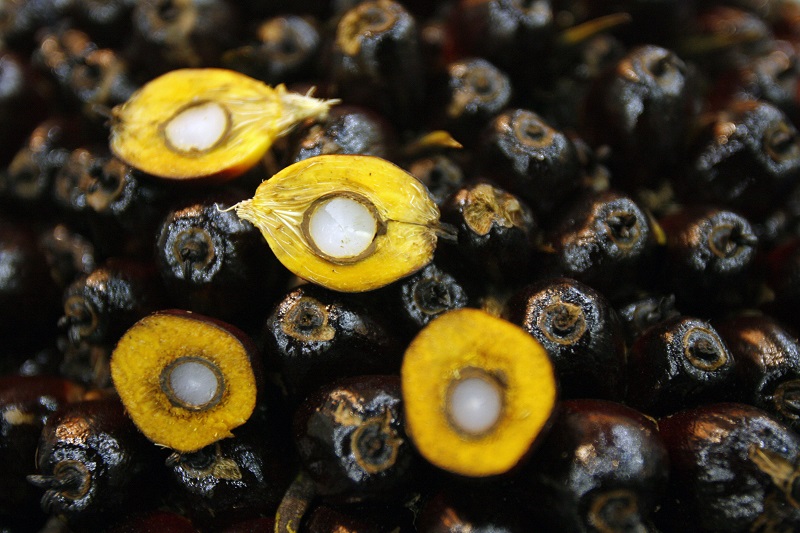- Wednesday, July 02, 2025

By: indiaweekly.biz Staff
INDIA’S top vegetable oil trade body on Monday (21) asked its members to stop buying palm oil from Malaysia, an unprecedented call aimed at helping New Delhi punish the country for criticising India over its policy towards Kashmir.
The directive by the Solvent Extractors’ Association of India (SEAI) shows how nationalist sentiments can affect international business, and is a big blow to Malaysia, the world’s second largest producer and exporter of palm oil after Indonesia.
India was Malaysia’s third-largest export destination in 2018 for palm oil and palm-based products worth $1.63 billion. Vegetable oil contributed 2.8 per cent of Malaysia’s gross domestic product last year and 4.5 per cent to total exports.
The SEAI’s decision could weigh on the Malaysian benchmark palm oil contract for January delivery when the market reopens on Tuesday (22).
“Our government has not taken kindly to the unprovoked pronouncements by the Malaysian prime minister and is contemplating some retaliatory action,” SEAI President Atul Chaturvedi said in a statement carrying a note to its members.
“It would be in fitness of things, as responsible Indian vegetable oil industry, we avoid purchasing of palm oil from Malaysia till such time clarity on the way forward emerges from Indian government.”
He said the guidance was issued in its own interest as well as a mark of solidarity with the country.
India was considering curbing imports of some products from Malaysia, including palm oil, after prime minister Mahathir Mohamad said last month that India had “invaded and occupied” Kashmir.
India stripped its portion of the Kashmir valley of statehood and autonomy on August 5.
Some Indian traders said refiners had already stopped buying Malaysian palm oil for shipment in November and December, fearing higher import taxes or other measures.
In any case, household palm oil consumption falls in India during winter as the tropical oil solidifies at lower temperature.
“After the Reuters story, many importers stopped buying Malaysian palm oil,” said a Mumbai-based dealer with a global trading firm, requesting anonymity as he was not authorised to talk to media.
“Now since the trade body has issued an advisory, almost all refiners will stop buying. In the last one week alone, I saw two buyers switching to Indonesia from Malaysia.”
India’s government has rebuked Malaysia for its stance on Kashmir but has not commented on any trade measures. India’s trade ministry declined to comment.
Malaysia said last week it was considering raising imports of raw sugar and buffalo meat from India, in a bid to ease the trade tensions.
Earlier in the day, Malaysian state news agency Bernama quoted the chief of the Malaysian Palm Oil Association as saying that curbing purchases from the country would hurt India, too.
But the SEAI said there was no dearth of options.
“This rare advisory we issued considering rising tensions between Malaysia and India,” SEAI Executive Director BV Mehta told.
“There are many alternatives to Malaysian supplies that our refiners can easily tap.”